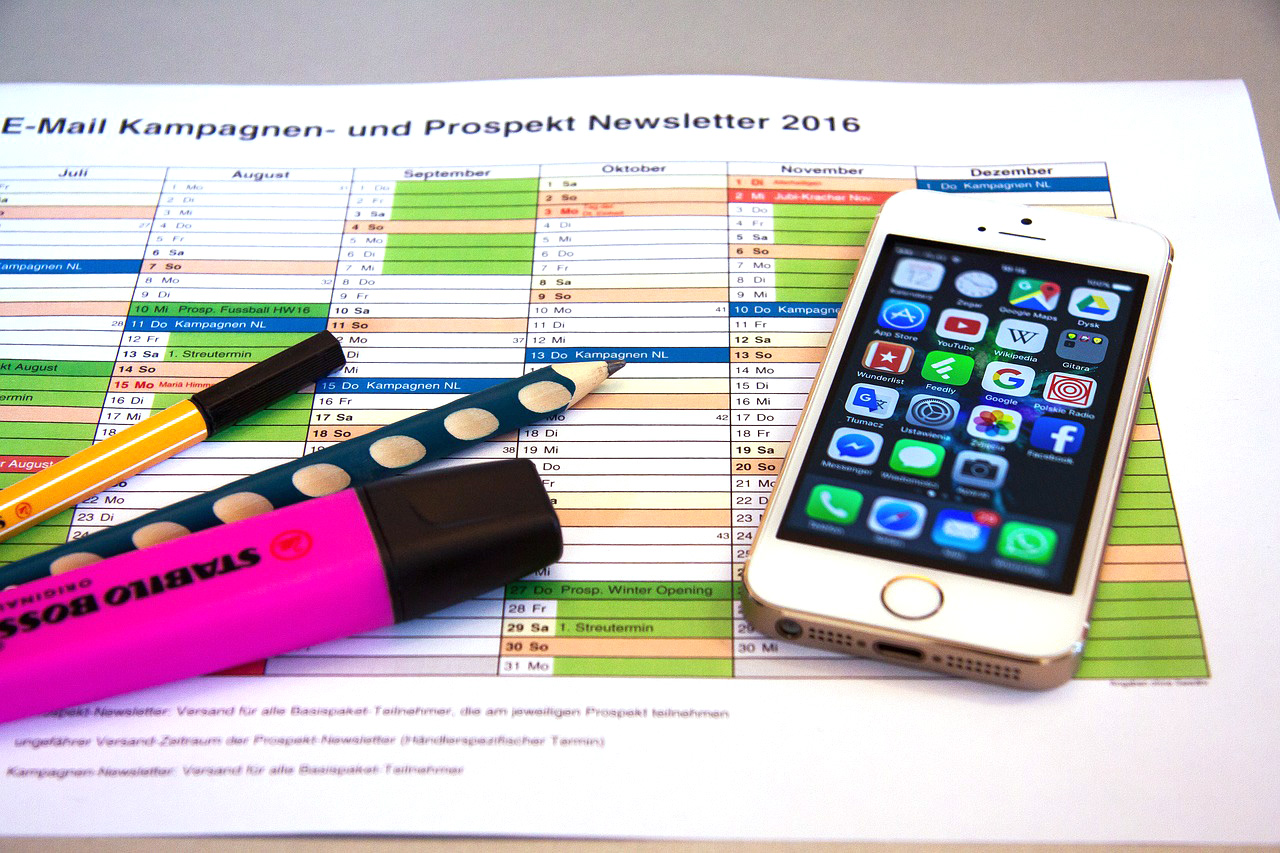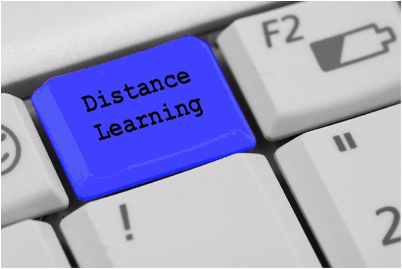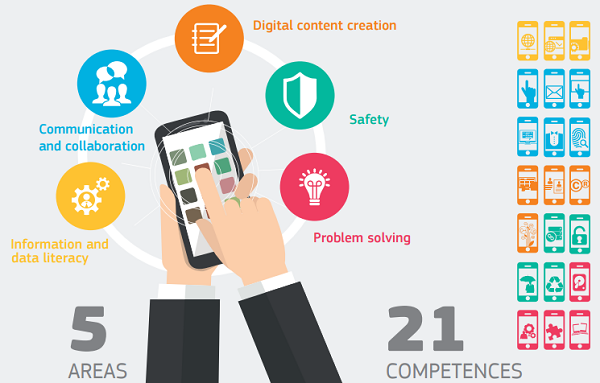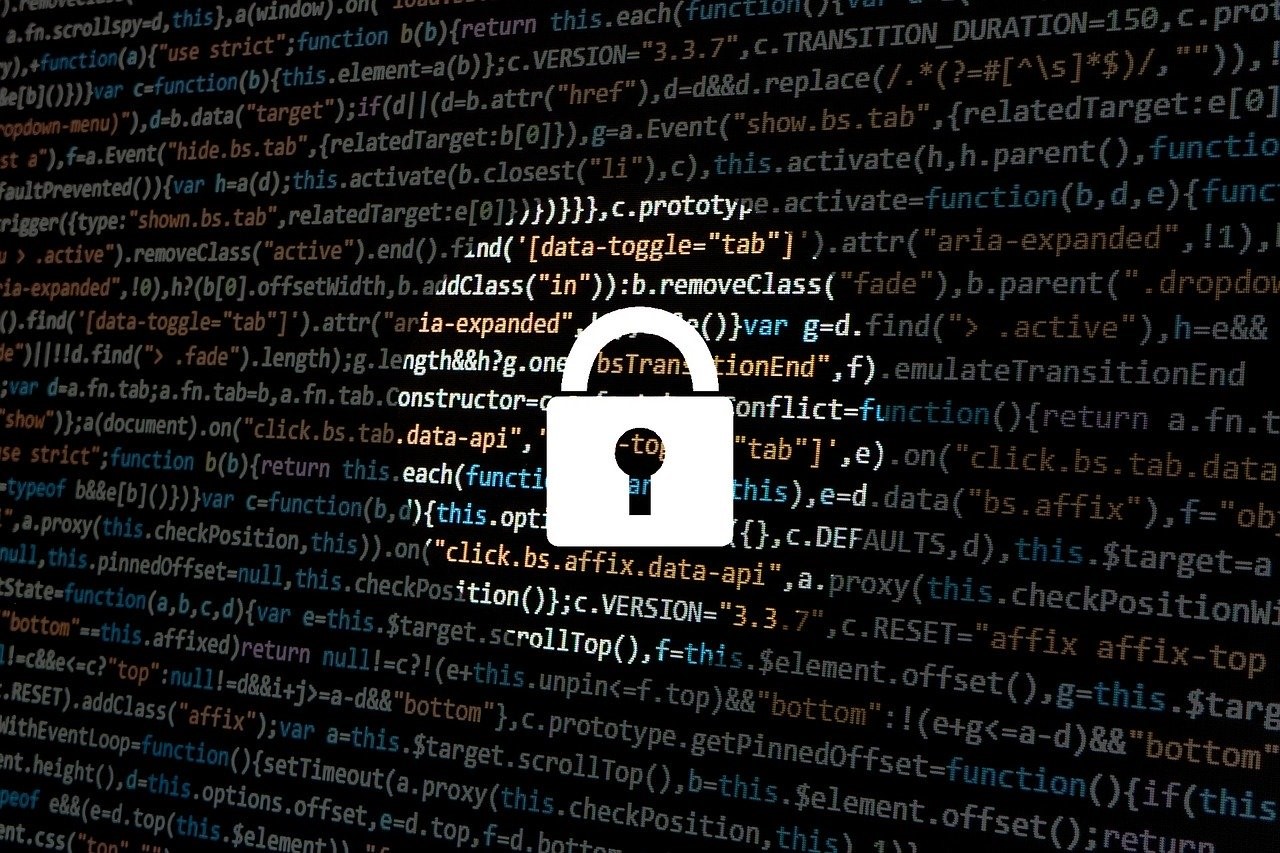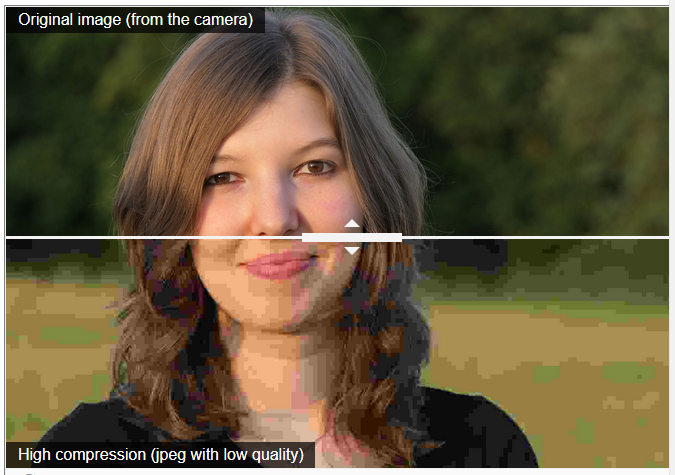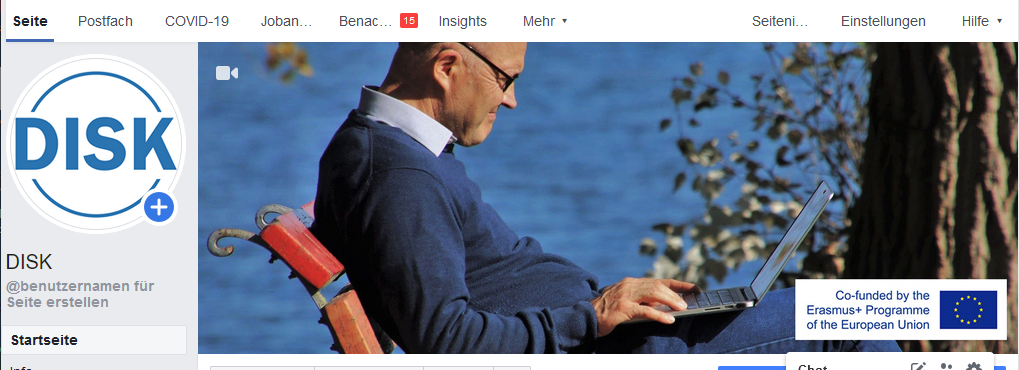
DISK & Facebook
The DISK Project has an own Facebook page where we are currently publishing relevant project results and will refer to project results in the future. We are proud to have reached the number of 150 likes within some weeks. Facebook page: facebook.com/DISK-102315904585627

